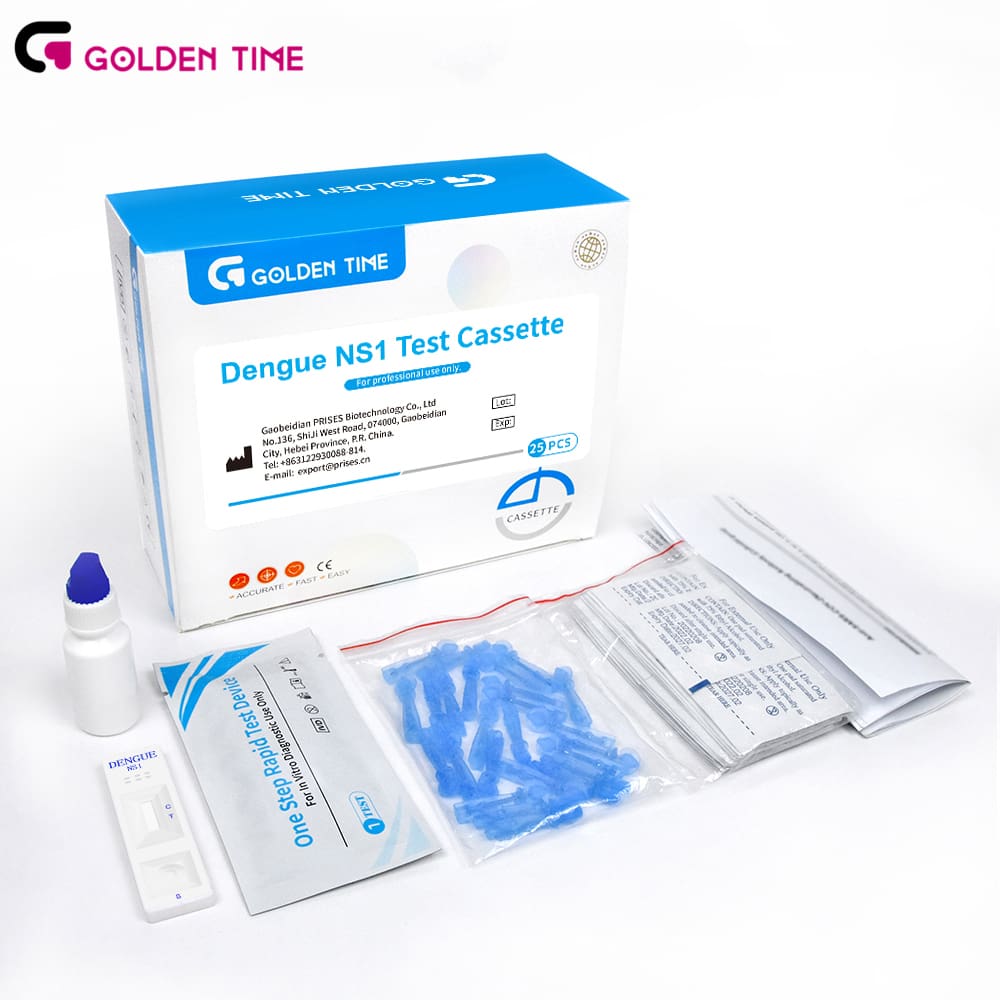Nov . 24, 2024 11:15 Back to list
Affordable Malaria Testing Kits Available in China for Healthcare Providers and Patients
Understanding the Pricing of Malaria Kits in China
Malaria remains one of the most significant public health challenges in many parts of the world, particularly in tropical and subtropical regions. In China, while the overall incidence of malaria has dramatically decreased over the years, vigilance remains essential to prevent its resurgence. One of the crucial tools in this fight against malaria is the malaria diagnostic kit. This article aims to explore the pricing of malaria kits in China, the factors influencing these prices, and the implications for public health.
The Importance of Malaria Kits
Malaria diagnostic kits are vital for the effective diagnosis and management of malaria. These kits typically include rapid diagnostic tests (RDTs) that detect specific antigens produced by the malaria parasite. Early and accurate diagnosis is crucial for timely treatment, which can prevent complications and reduce the risk of transmission. In China, the government and health organizations have distributed these kits to health care facilities, particularly in remote areas where access to medical services can be challenging.
Pricing Overview
The price of malaria diagnostic kits in China can vary significantly depending on several factors including the type of test, manufacturer, and the market conditions. On average, the cost of a malaria RDT can range from $1 to $10 per kit. Generic brands tend to be on the lower end of the price spectrum, while more advanced, branded kits may be priced higher due to their reliability and effectiveness.
Governmental efforts to control the cost of malaria kits play a significant role in making these essential tools accessible. Initiatives aimed at reducing prices include subsidies for healthcare providers, bulk purchasing agreements, and partnerships with international organizations. For instance, during peak malaria season, prices may be adjusted to ensure that kits remain affordable for those in urgent need.
Factors Influencing Prices
Several key factors affect the pricing of malaria diagnostic kits in China
1. Production Costs The cost of raw materials, labor, and manufacturing impact the pricing of malaria kits. As production costs fluctuate, so too does the price of the final product.
china malaria kit price

2. Research and Development Investments in R&D can lead to more accurate and faster testing methods, but these costs are often passed on to consumers. Innovative kits that provide quicker results or can detect multiple strains of malaria may command a premium price.
3. Regulatory Approval In China, all medical diagnostic kits must go through stringent approval processes. The expenses associated with getting regulatory approval can also affect pricing.
4. Market Demand The level of demand for malaria kits, particularly during malaria outbreaks, can lead to price increases. Suppliers may raise prices in response to heightened demand, although efforts are often made to prevent price gouging.
5. International Aid and Support The involvement of international organizations such as the World Health Organization (WHO) can influence price levels. These organizations often procure kits in bulk, leading to lower prices that can then be distributed to frontline health workers.
Implications for Public Health
The price of malaria diagnostic kits directly impacts their accessibility and availability, which in turn affects the overall fight against malaria. Affordable and accurate testing can lead to earlier diagnosis and treatment, ultimately reducing the mortality rates associated with malaria. Ensuring that these kits are available in both urban and rural settings is crucial in maintaining low infection rates.
Moreover, monitoring and regulating the prices of malaria kits can help prevent inequalities in access to essential healthcare. The Chinese government, along with various health organizations, continues to work towards ensuring that cost is not a barrier to effective malaria diagnosis.
Conclusion
In summary, the pricing of malaria kits in China is influenced by various factors including production costs, research investments, regulatory processes, and market dynamics. Ensuring affordable access to these vital diagnostic tools is essential for sustaining the progress made against malaria in the country. By continuing to support initiatives aimed at lowering prices and increasing availability, China can uphold its commitment to eradicating malaria and protecting public health.
-
Rapid BZO Test Kit - Fast & Accurate Benzodiazepines Detection
NewsAug.04,2025
-
China Nylon Flocking Swabs - AI Enhanced Quality Collectors
NewsAug.03,2025
-
Highly Accurate hCG Pregnancy Test Strips - 5 Min Results
NewsAug.02,2025
-
Premium Empty ABS Plastic Cassettes: Durable & Lightweight Storage
NewsAug.01,2025
-
Accurate Cocaine (Coc) Rapid Test Kit | Fast & Reliable Detection
NewsJul.31,2025
-
Accurate HCG Pregnancy Test Strips | Fast Home Use Kit
NewsJul.31,2025

